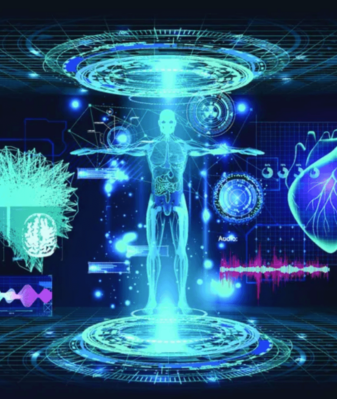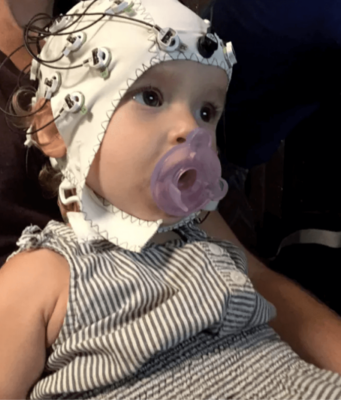Autism spectrum disorder (ASD) is a neurodevelopmental disorder that affects social communication and interaction, accompanied by repetitive behaviours and interests.1 World Autism Awareness Day is celebrated annually on 2 April to raise awareness and improve the quality of life of individuals with autism.2 Each year has a specific theme: inclusive education, employment, and transition to adulthood. The 2023 World Autism Awareness Day observance will focus on transforming the narrative around neurodiversity to improve the lives of individuals with autism and their contributions to society.3 Early intervention and appropriate support can enable individuals with ASD to lead productive and fulfilling lives. However, stigmatization and discrimination remain significant obstacles to diagnosis and therapies, and policymakers in developing nations and donor countries must address this issue.1 Here are some key facts to know about autism spectrum disorder:4

How does it affect each person differently?4
Autism is a spectrum disorder, meaning it manifests differently in each person. While core symptom areas are familiar to people with ASD, such as challenges with social communication, not all individuals with ASD have the same symptoms or exhibit them with the same intensity.
Some common social communication difficulties experienced by individuals with ASD include avoiding eye contact, struggling with conversational turn-taking, and finding it challenging to understand other people’s perspectives. Additionally, individuals with ASD may engage in repetitive behaviours or exhibit unusual or restricted behaviour patterns.
Symptoms that shift over time4
The symptoms of individuals with ASD can fluctuate in severity as they age and can also be influenced by behavioural interventions or medication.
ASD is not restricted to a particular race or ethnicity4
Autism is a condition that can affect individuals of diverse ethnic, racial, and socioeconomic backgrounds. Those with older parents, siblings with ASD, or a genetic disorder like Down syndrome are more prone to receiving an autism diagnosis. Moreover, ASD diagnosis is more prevalent in boys, who are approximately four times more likely to be diagnosed than girls.
Still, plenty more to uncover4
Although the precise causes of ASD are still unknown to scientists, studies indicate that a combination of genes and environmental factors can influence development in a manner that may result in ASD. Consequently, researchers supported by the National Institutes of Health (NIH) strive to enhance their understanding of the disorder and achieve early detection.
ASD is not a disability4
Although individuals with autism may face difficulties, they can also possess remarkable strengths, such as excelling in mathematics, science, and the arts, retaining specific information over extended periods, and exhibiting adeptness in learning.
It’s a lifetime endeavour4
Even though ASD is typically diagnosed in childhood, its effects persist throughout a person’s lifespan. Consequently, the NIH provides funding for research to identify effective ways to support individuals with ASD as they transition into adulthood, such as facilitating their integration into the workforce and assisting them in achieving independent living.

Conclusion
Autism Spectrum Disorder affects individuals differently and requires early intervention and appropriate support to enable them to lead fulfilling lives. World Autism Awareness Day highlights the need to promote the rights and well-being of individuals with ASD. Despite significant progress, stigmatization and discrimination remain major obstacles, especially in developing countries. However, NIH-supporting research continues to improve understanding and facilitate effective interventions. With greater awareness and support, individuals with ASD can harness their remarkable strengths and make valuable contributions to society throughout their lifetime.
References
- What is Autism? Autism Navigator. [Cited: 20 March 2023]. Available from: https://autismnavigator.com/what-is-autism/
- World Autism Awareness Day 2 April. Background. United Nation. [Cited: 20 March 2023]. Available from: https://www.un.org/en/observances/autism-day/background
- World Autism Awareness Day 2 April. Observance. United Nation. [Cited: 21 March 2023]. Available from: https://www.un.org/en/observances/autism-day
- 6 key facts about autism spectrum disorder. National Institute of Mental Health. [Cited: 21 March 2023]. Available from: https://magazine.medlineplus.gov/article/6-key-facts-about-autism-spectrum-disorder/







